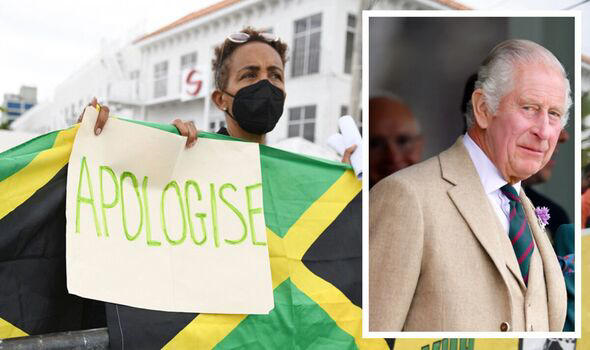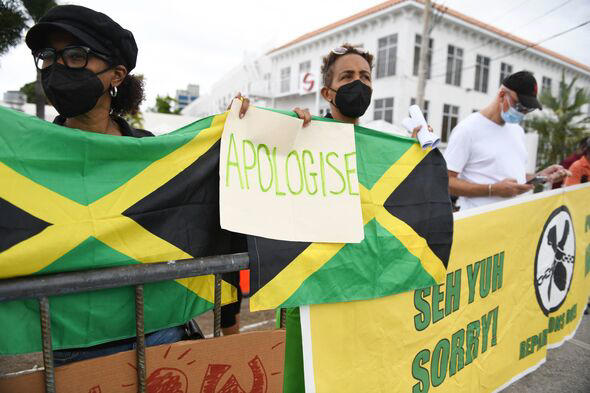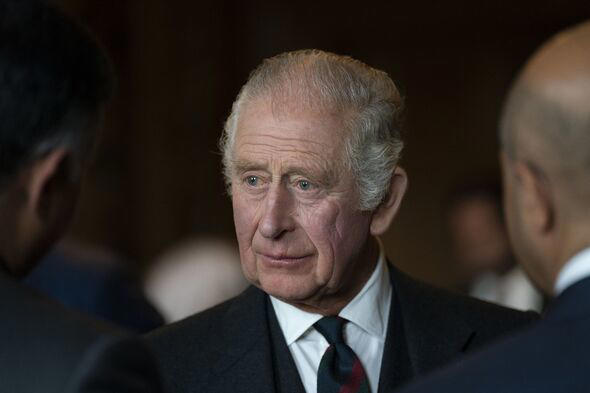Britain and fellow imperial European countries are set to be hit with a demand for trillions in reparations, in the latest anti-colonial push.
A group of Caribbean countries hope to begin negotiations with Britain, France, Spain and Denmark, demanding a combined figure of $33 trillion (or £26 trillion) from the economies.
The cash demand forms just one part of a 10-part plan, which also includes a formal apology, funding health and education in the islands, cancellation of historic debts and direct payments to their governments.
Britain owes the largest of all those countries, despite the UK's historic role in abolishing the global slave trade.
After Britain's share of the equivalent of £15.6 trillion, the Caribbean nations want money from Spain and France.
The figure being demanded from Britain equates to six times' the size of Britain's entire GDP.
A lawyer and chair of the island nation's Reparations Commission dragged the Royal Family into the contentious political row, as they said said: "We are hoping that King Charles will revisit the issue of reparations and make a more profound statement beginning with an apology, and that he would make resources from the Royal family available for reparative justice".
In April, King Charles signalled support for research into the British monarchy's slavery ties, though many warned him such a concession would lead to further demands for reparations and apologies.
The figure derives from a paper from an American consulting firm, which attempted to calculate damages for four centuries of enslavement.
Verene Shepherd, a Jamaican professor of history, said: "We need a figure to begin with, a negotiating figure. The crime is huge. The responsibility for what happened is huge".
CARICOM - the name for the 15 nations - established a reparations commission in 2013, and have since made approaches to former imperial powers about reparations.
Unsurprisingly, Ms Shepherd says their letters making the enormous demands "didn't get a positive response".
She argues in the last decade the campaign to secure handouts has "won in terms of our public presentation and our advocacy".
A second round of letters to European governments has now been drafted, and will be sent in due course.
Advocates for reparations to the Caribbean argue that although Britain paid £20 million in compensation in the 1830s to 46,000 former slaveholders - as part of securing the abolition of the Atlantic slave trade - they didn't award anything to those formerly enslaved.
However Jamaican columnist and college dean Peter Espeut criticised the idea of handing Jamaica money for debt reparations.
"When Jamaica became independent, the British government handed us a national debt of zero.
"Any debt that Jamaica may currently have is arguably not the result of slavery or colonialism but malfeasance on the part of the Jamaican government."
He added that the UK and EU would have a strong argument in saying they have been paying reparations for decades in the form of international aid.
Rishi Sunak has previously told the Commons that he opposes reparatory justice, saying he believes: "trying to unpick our history is not the right way forward, and it's not something that we will focus our energies on". Story by Christian Calgie, Daily Express







